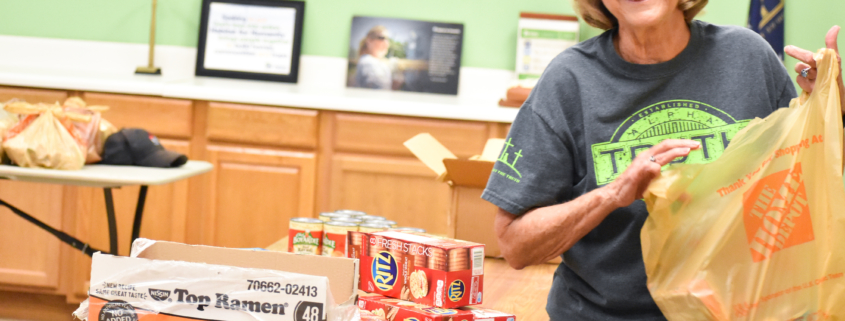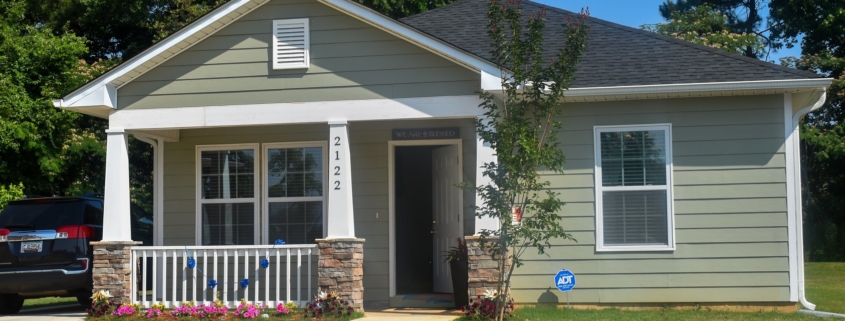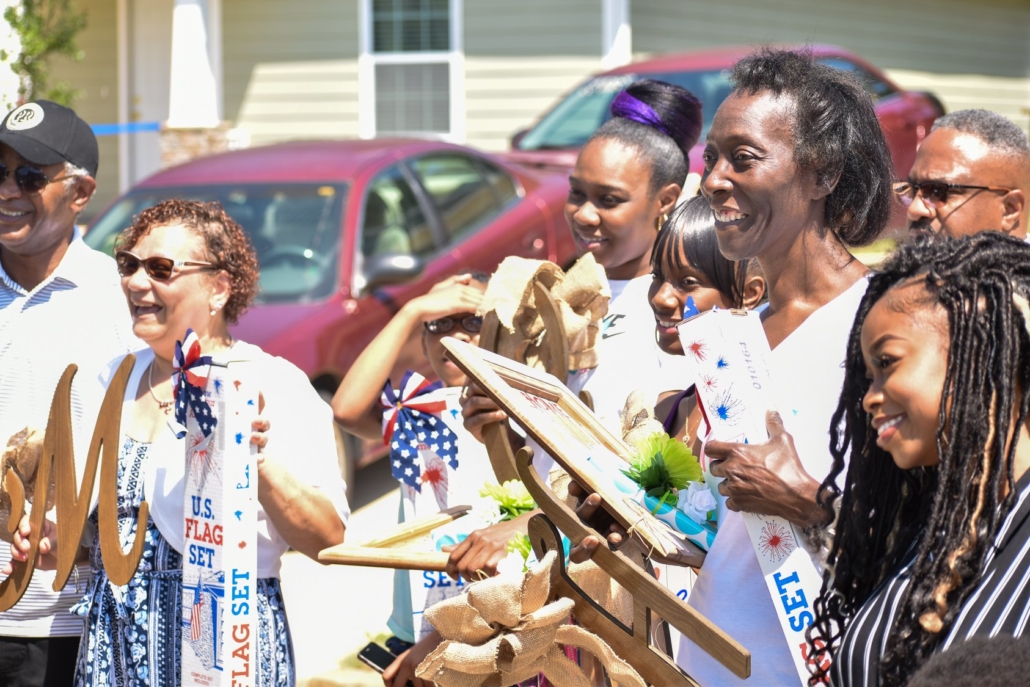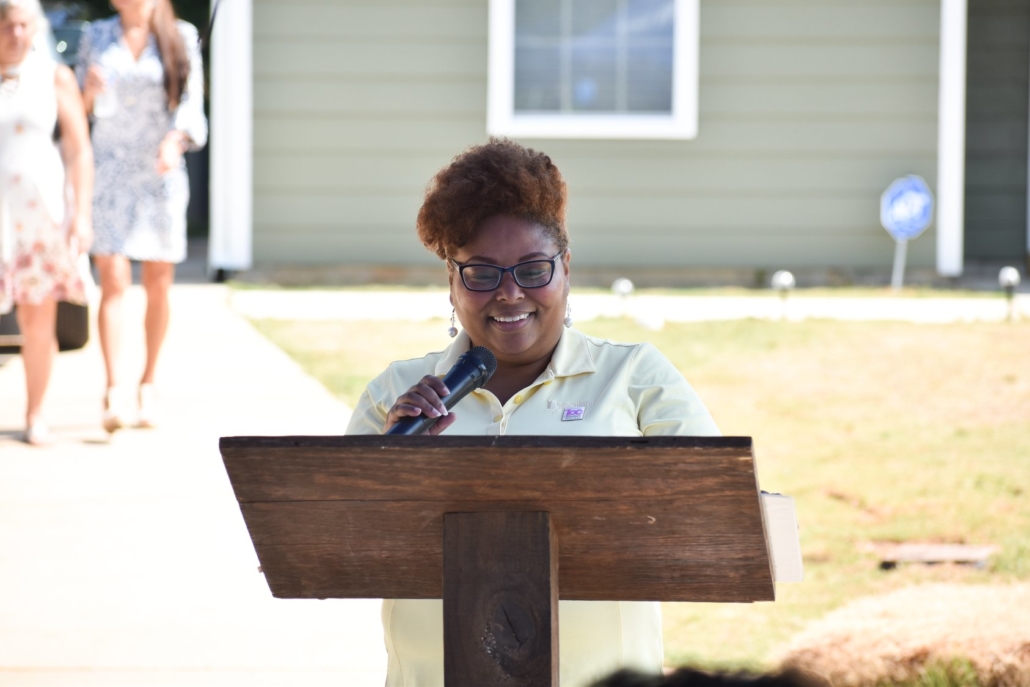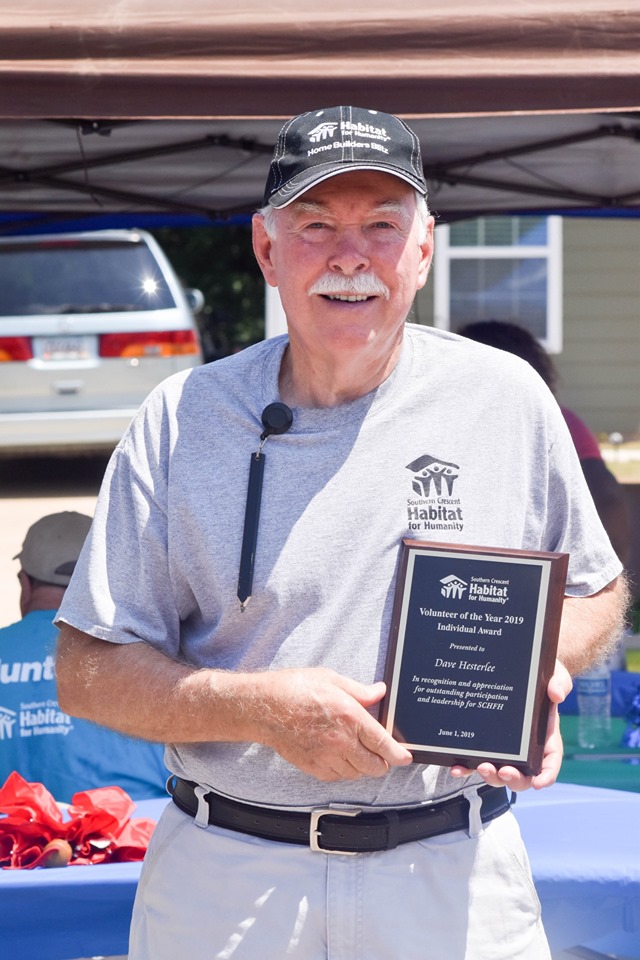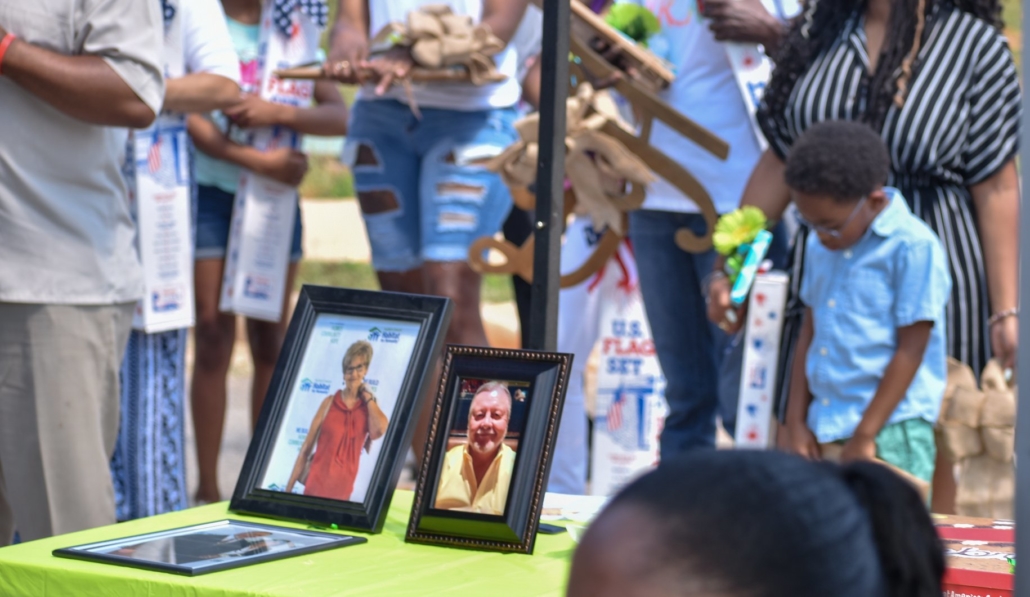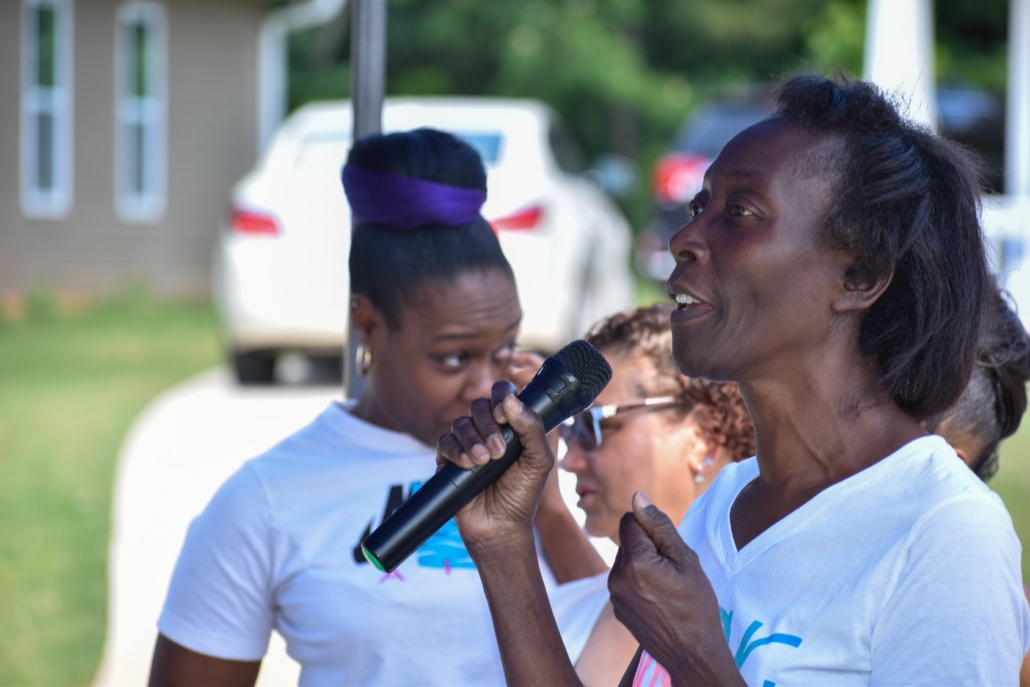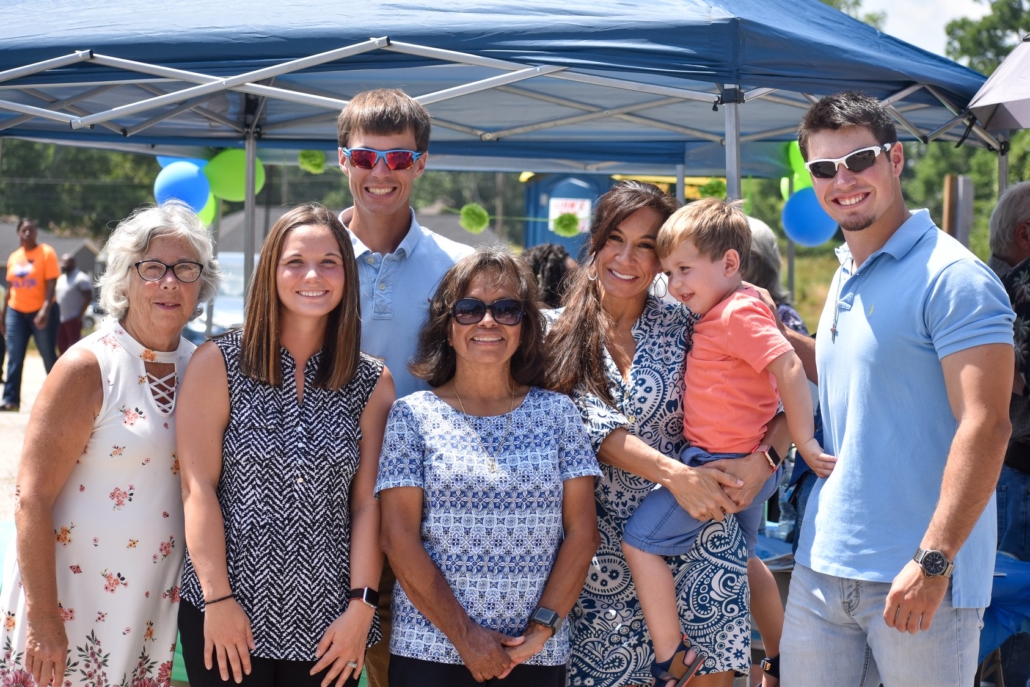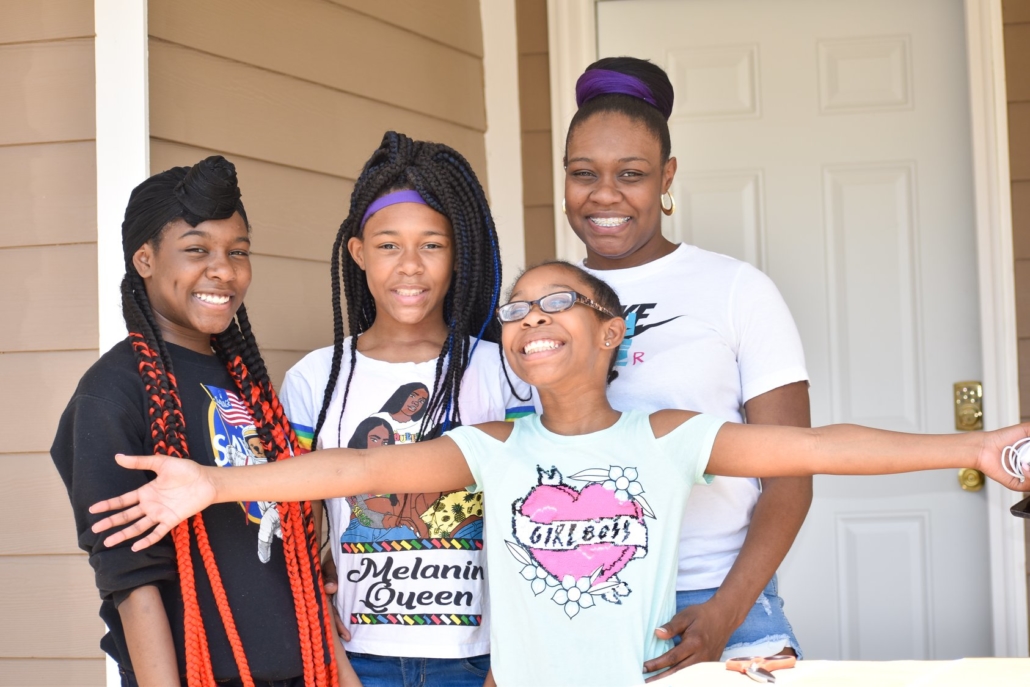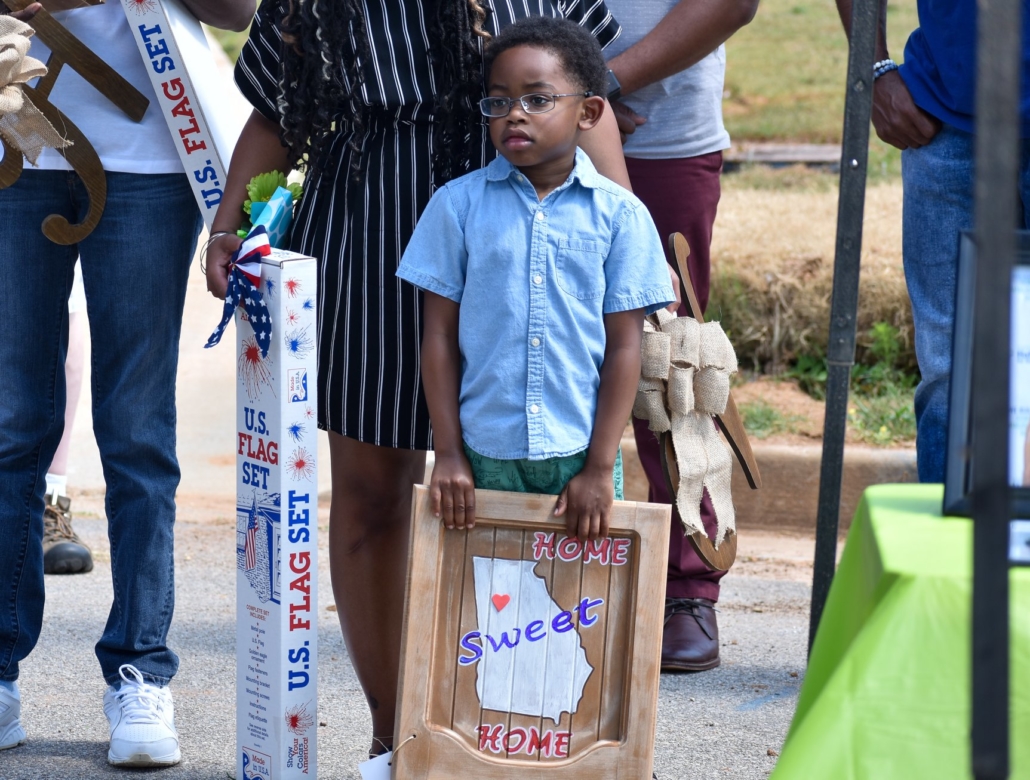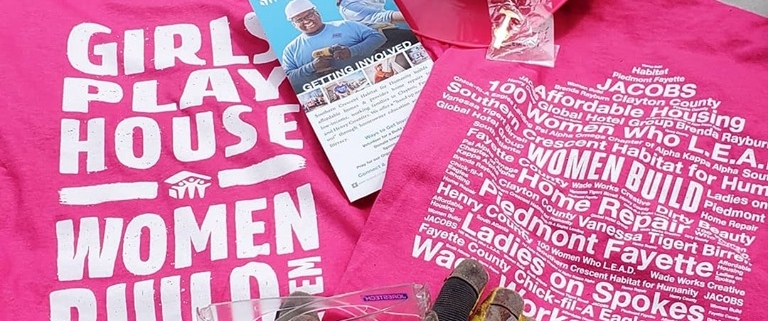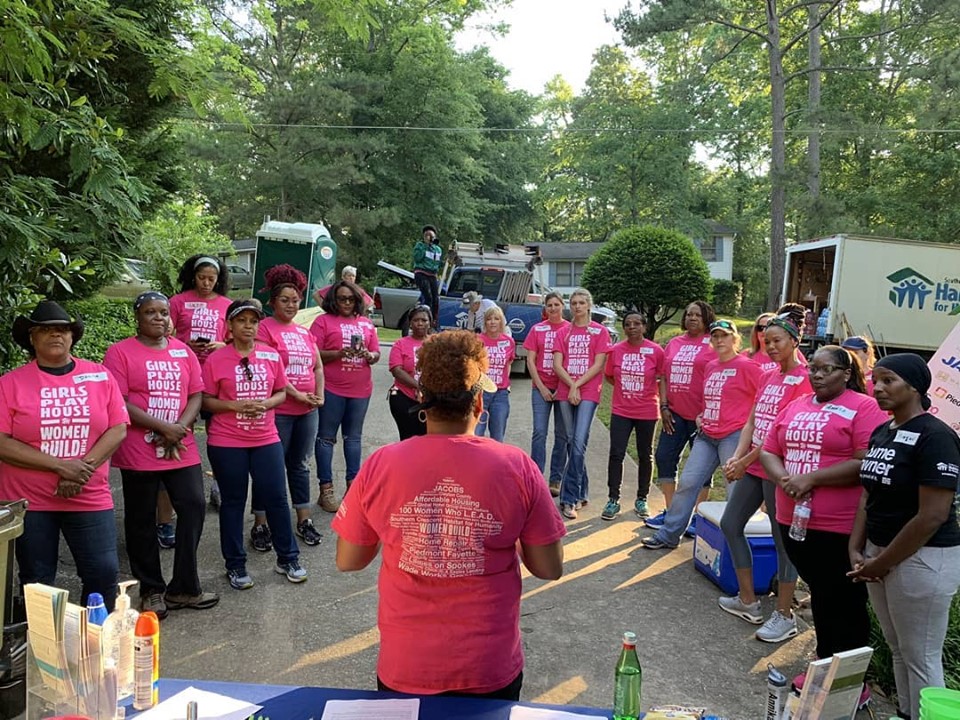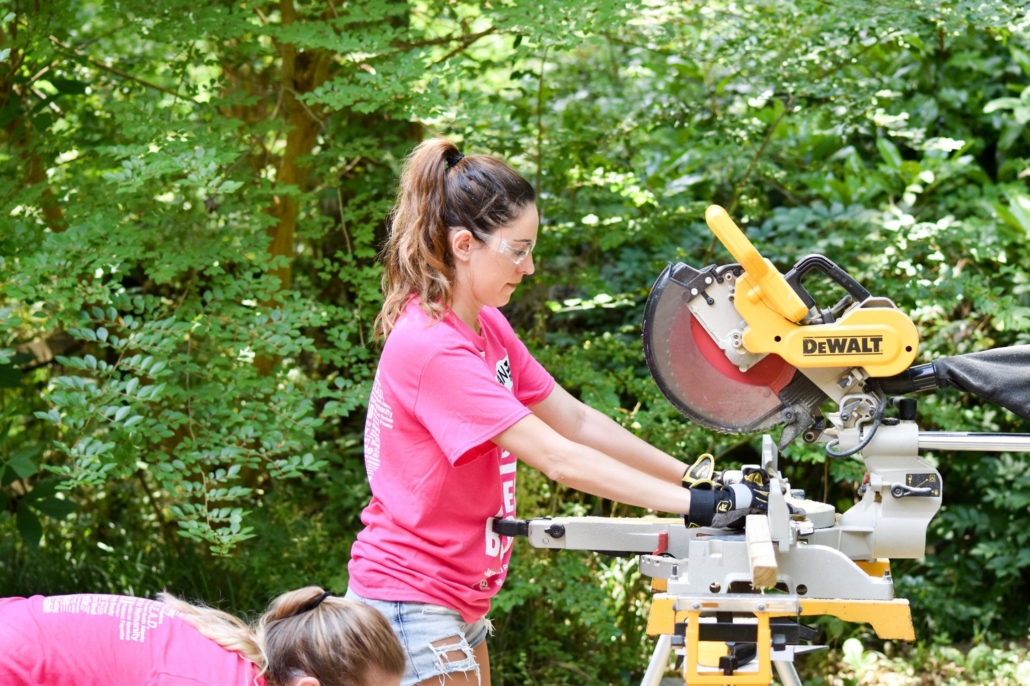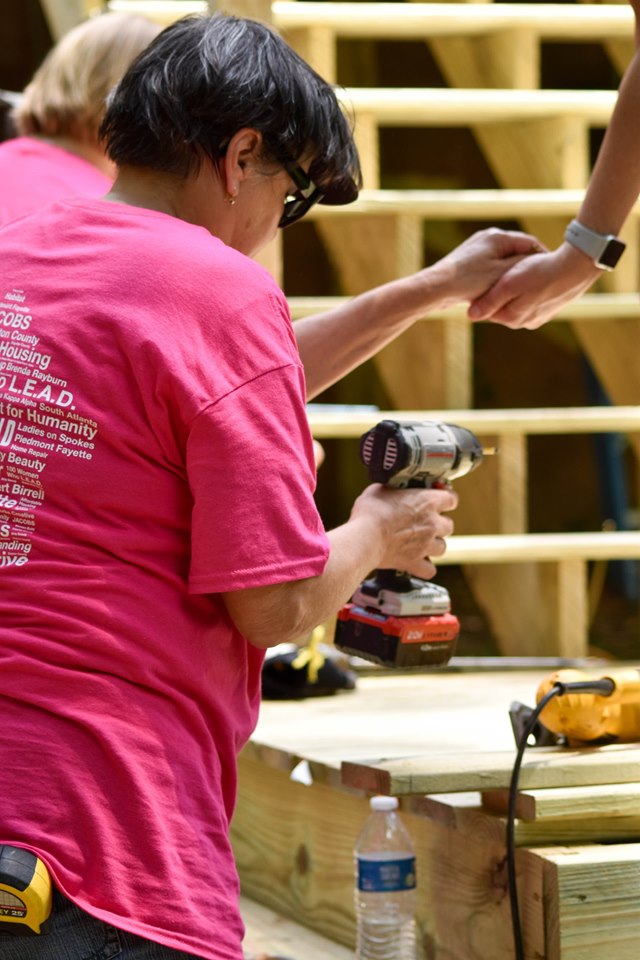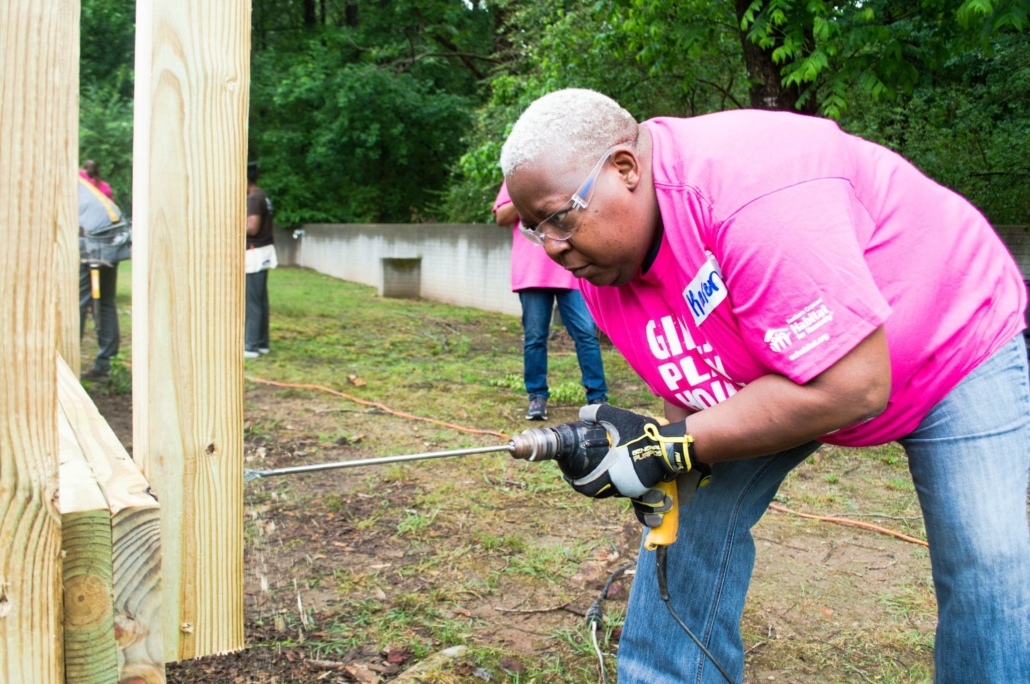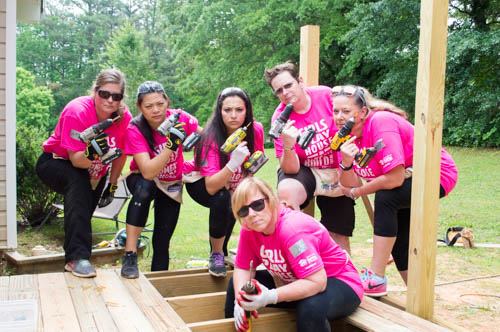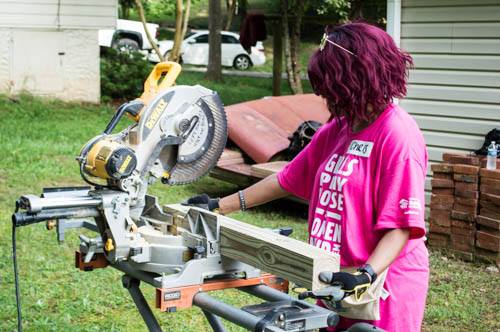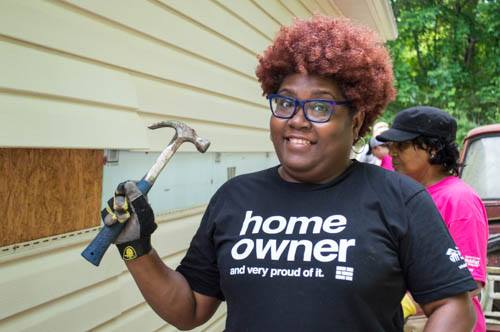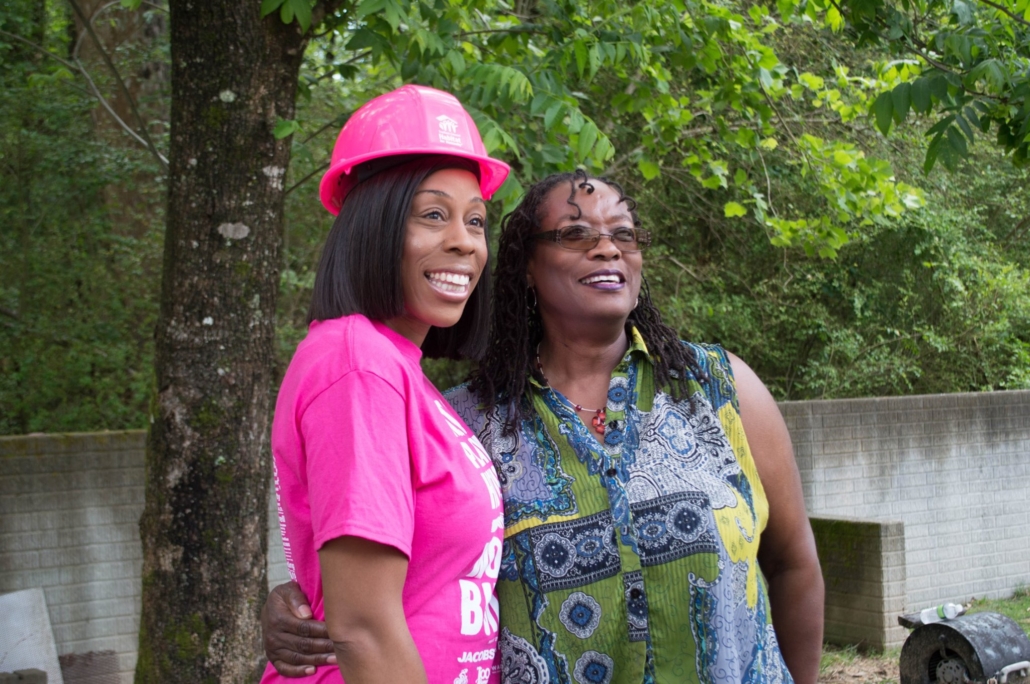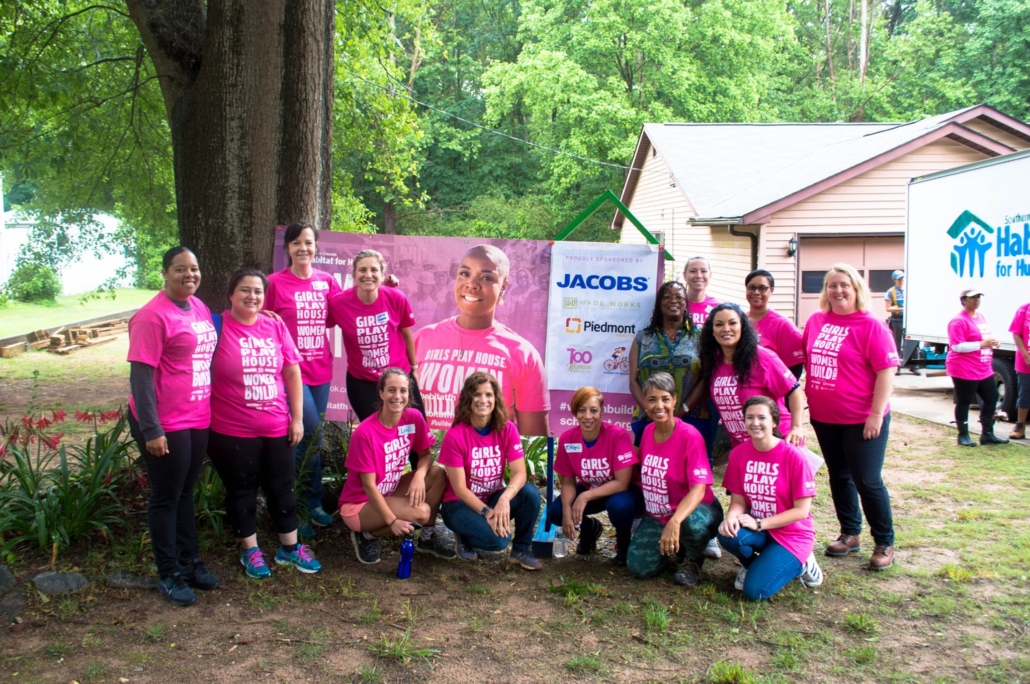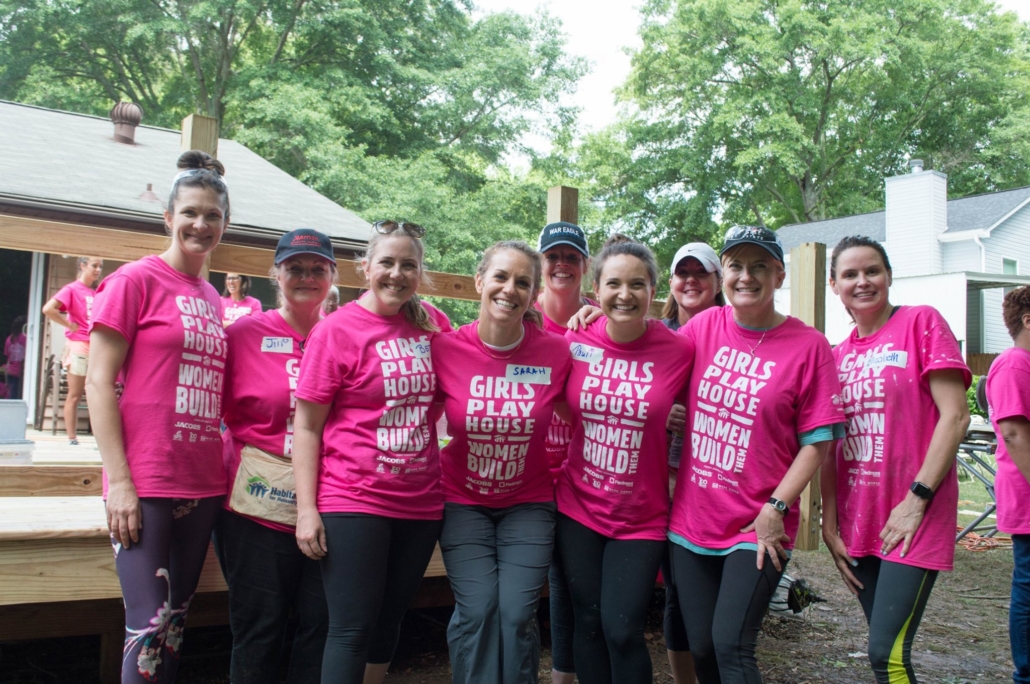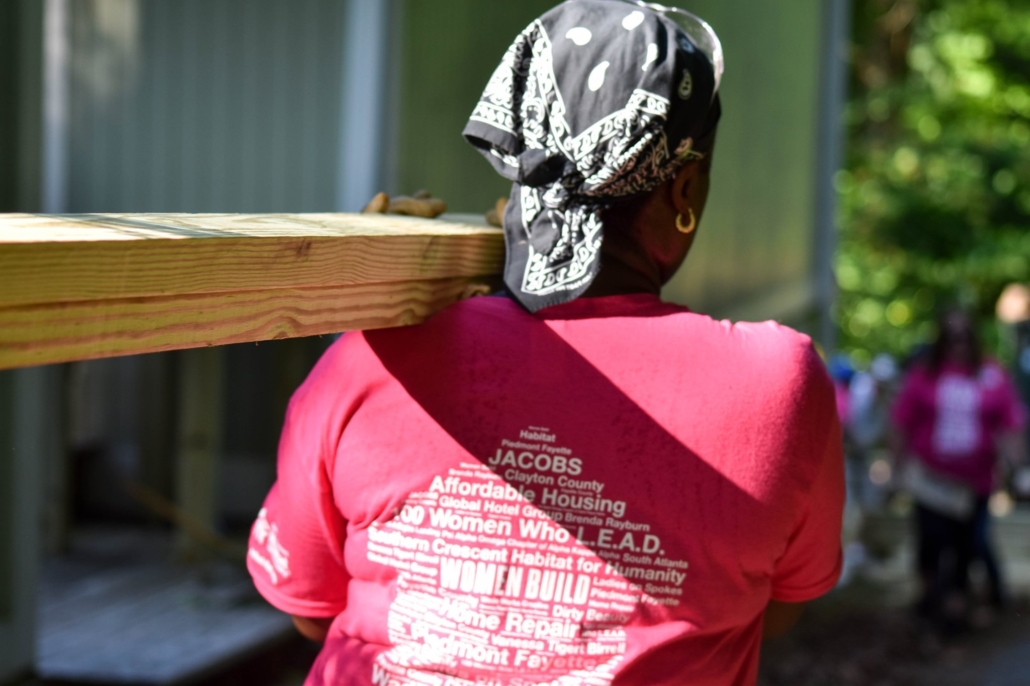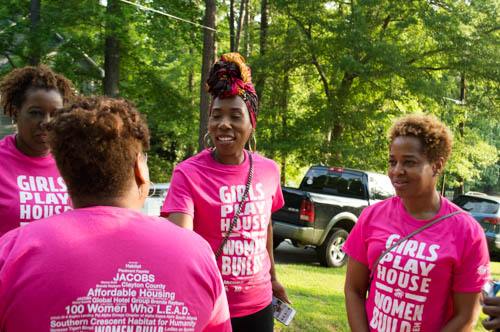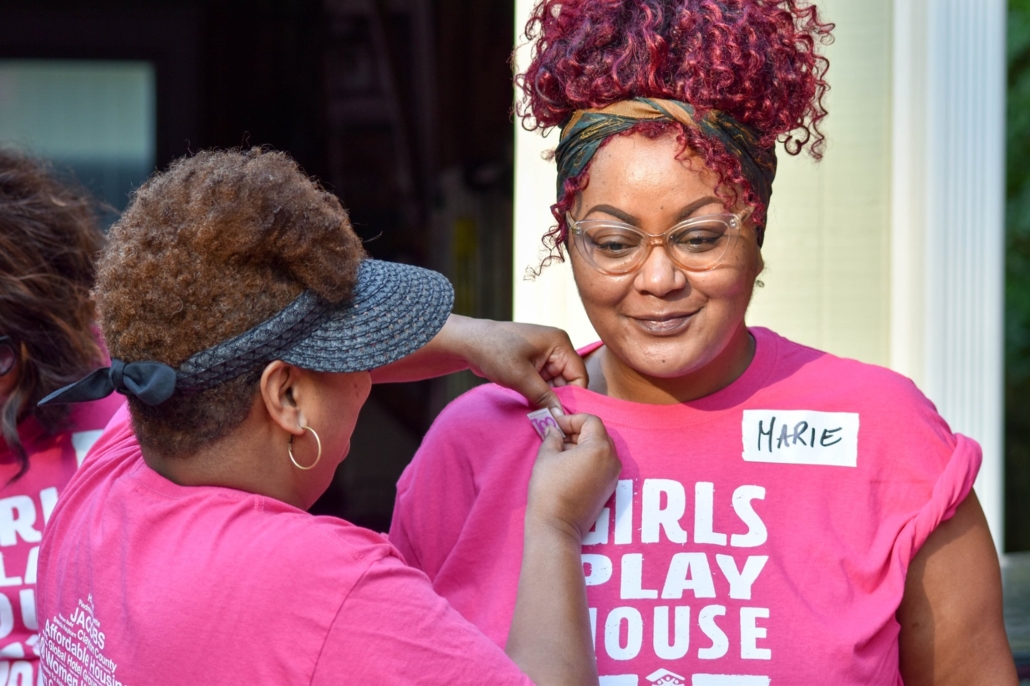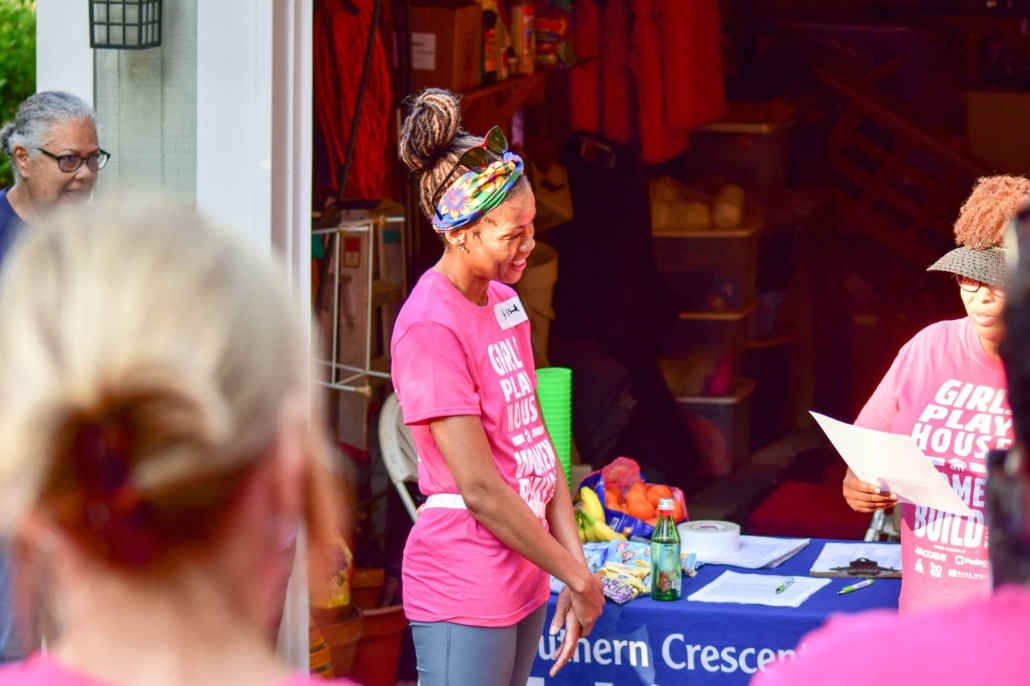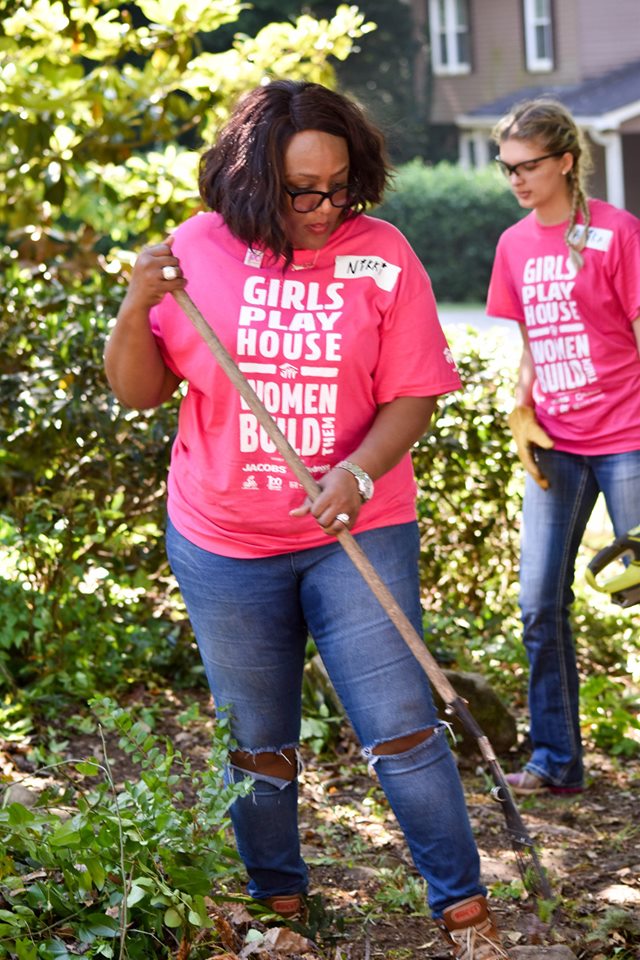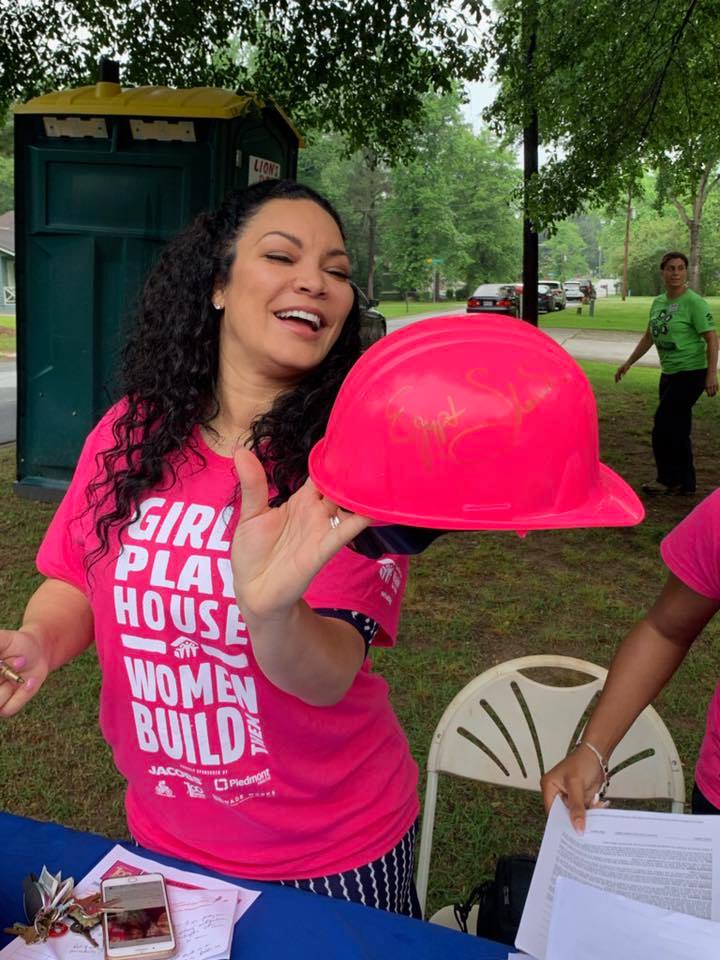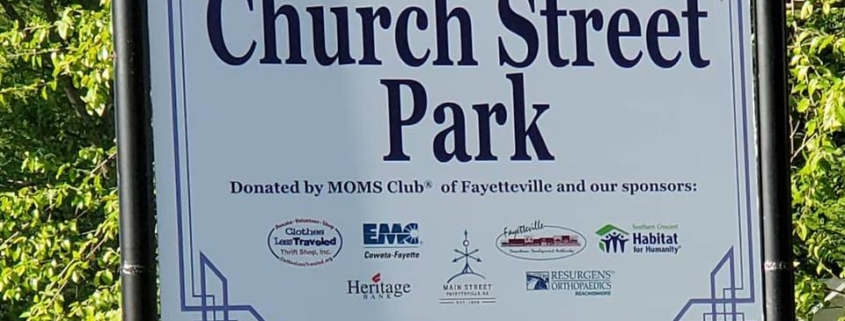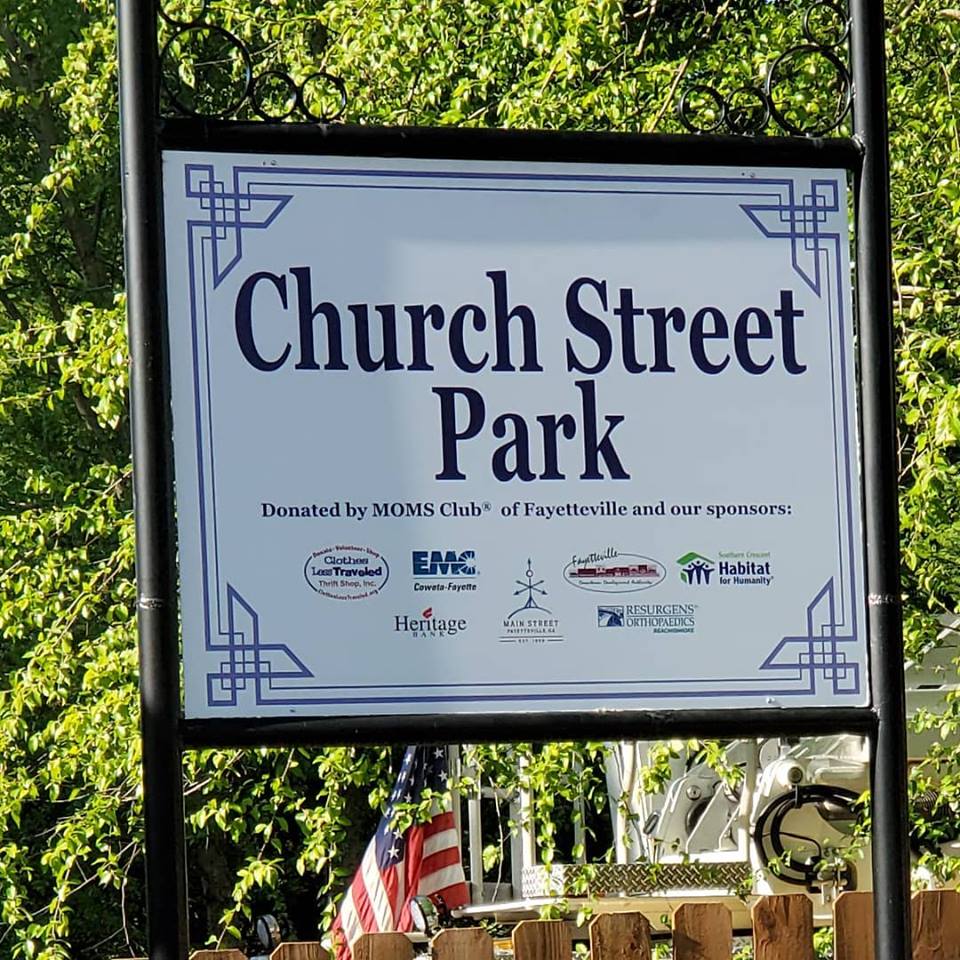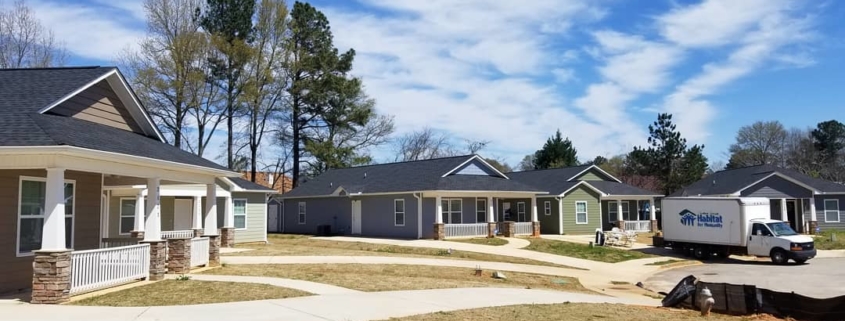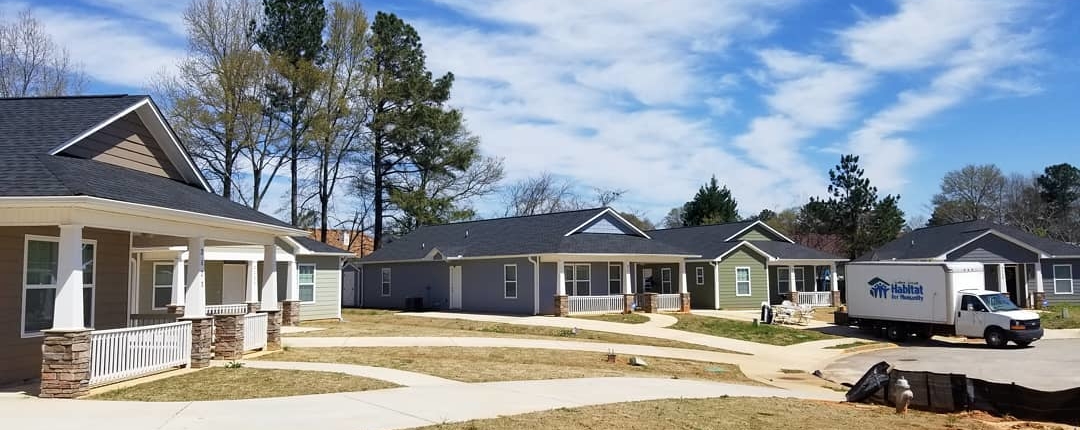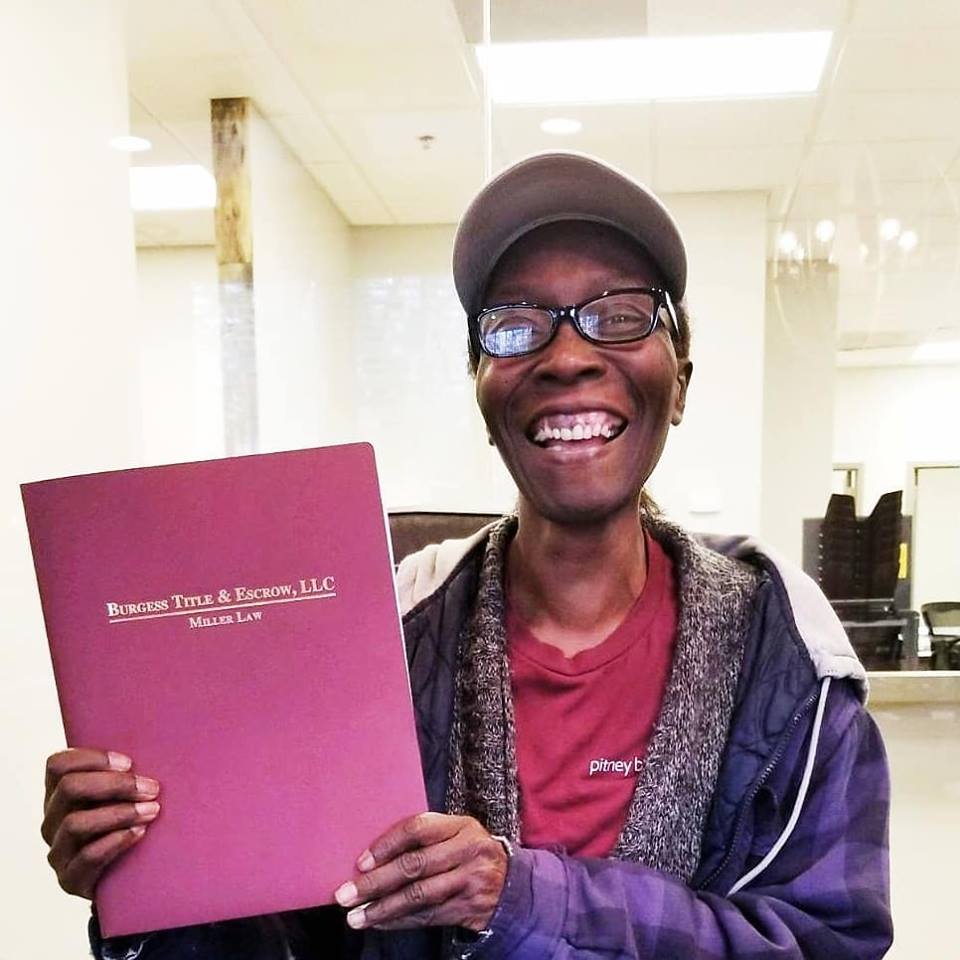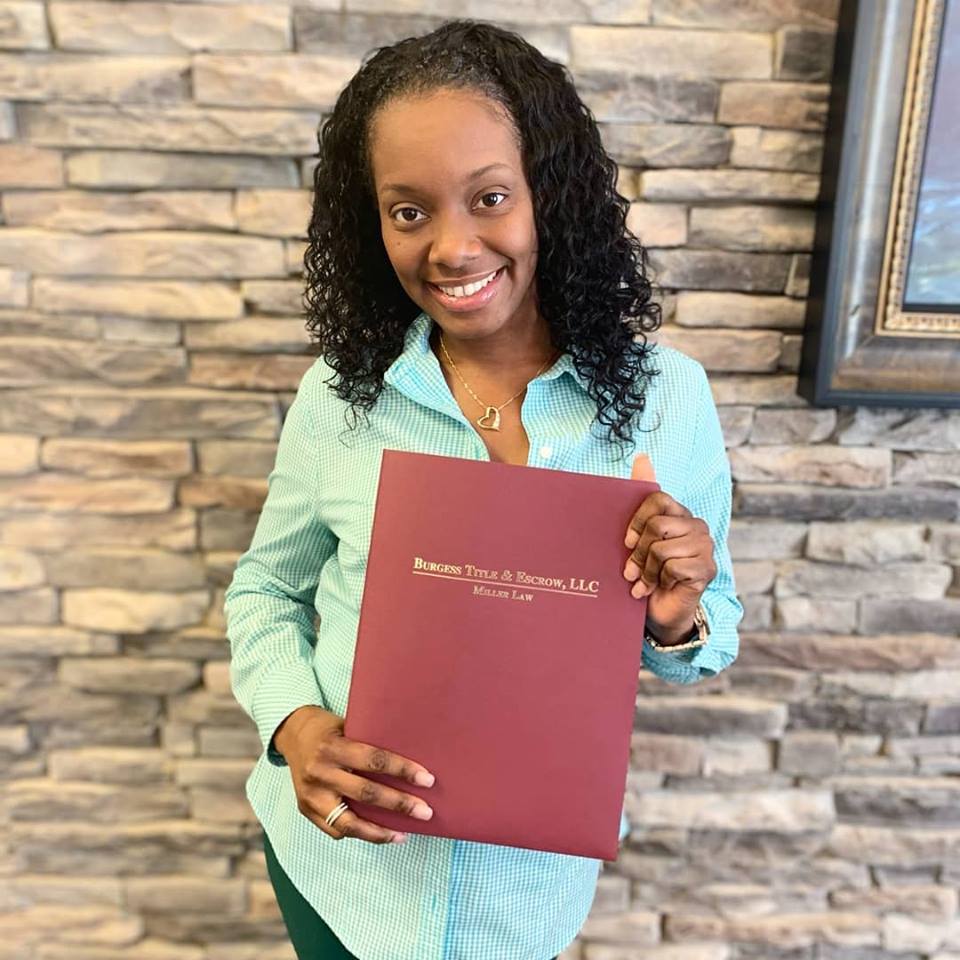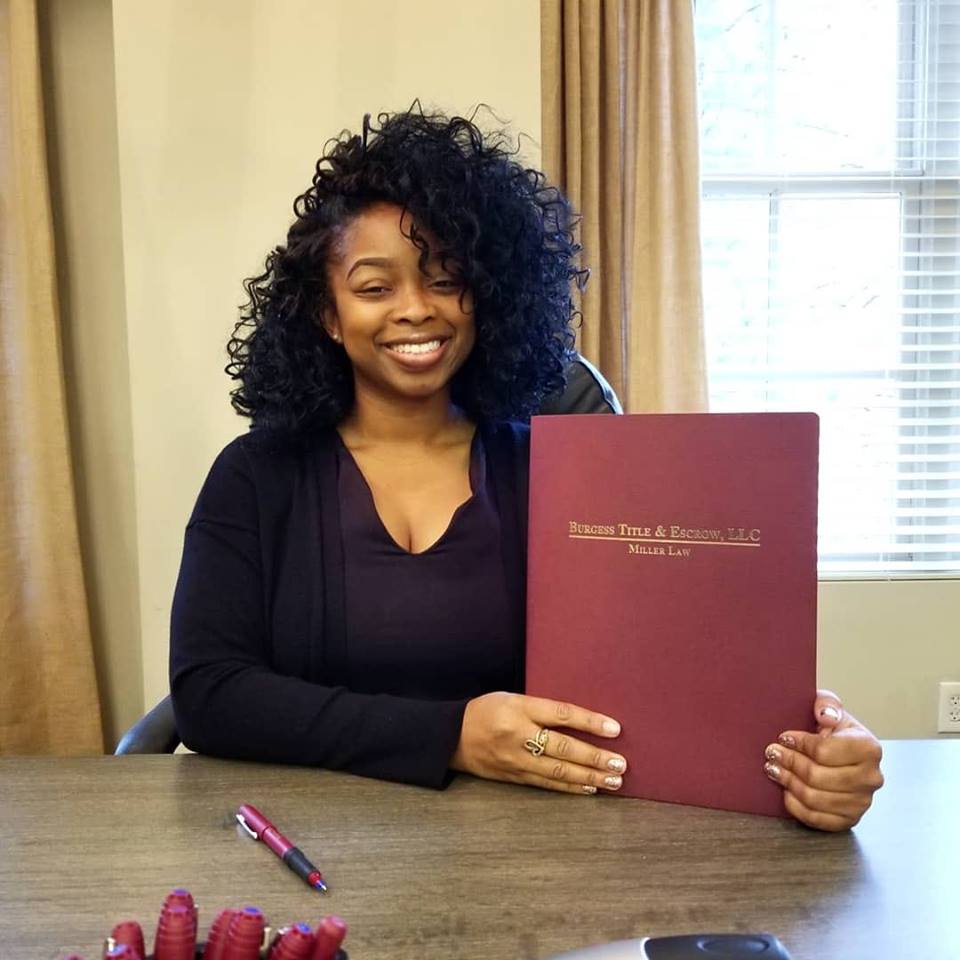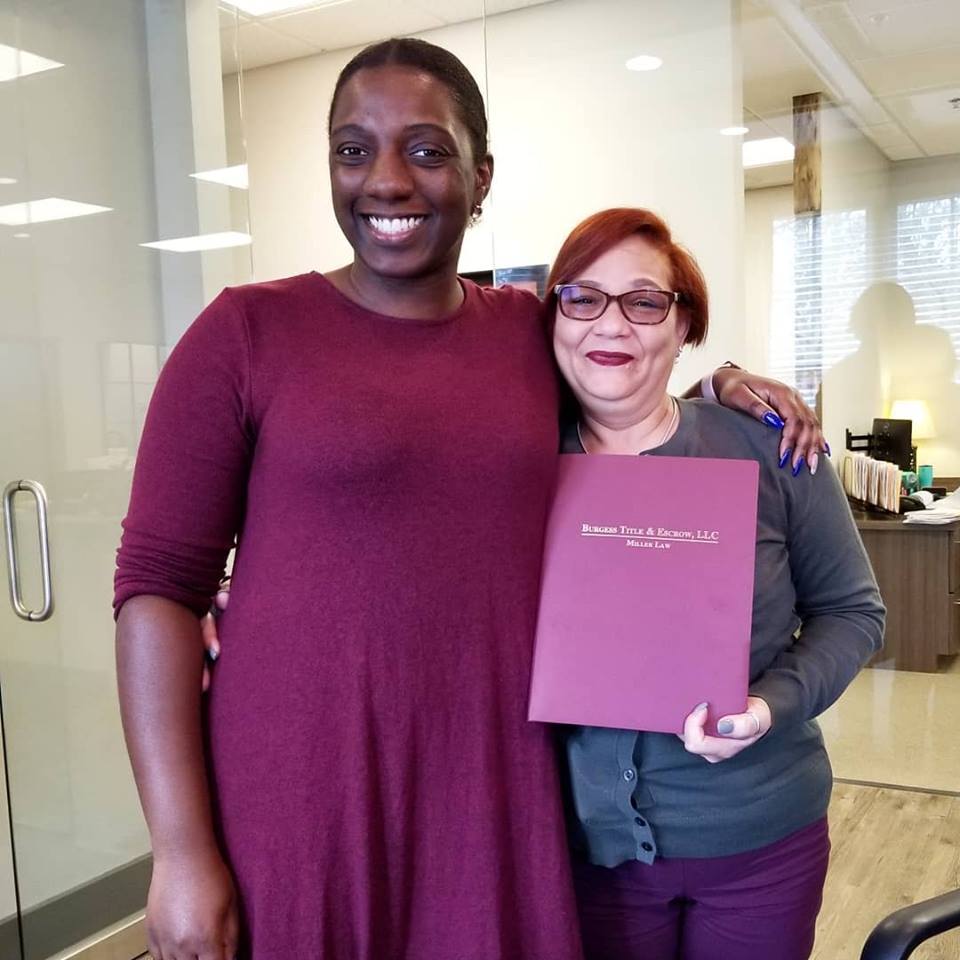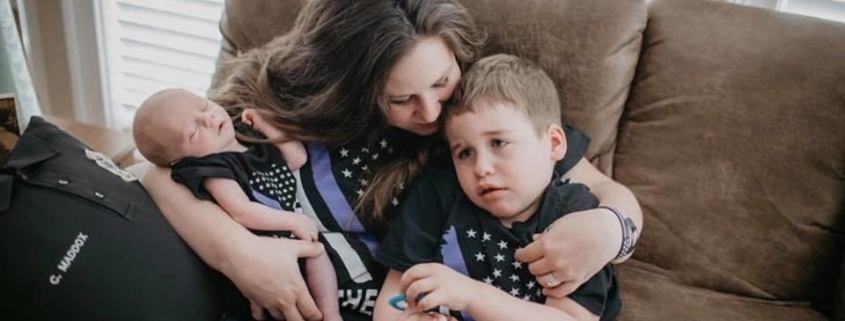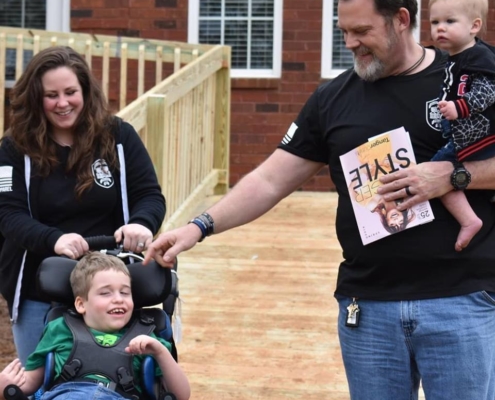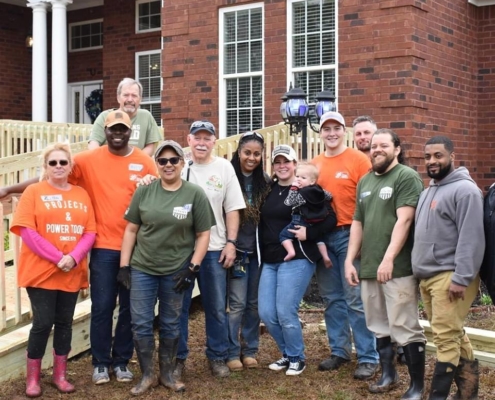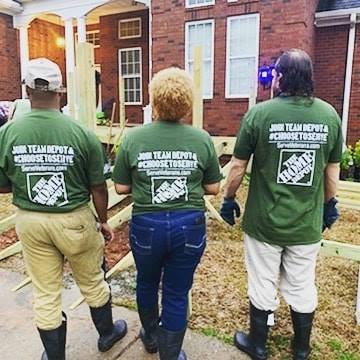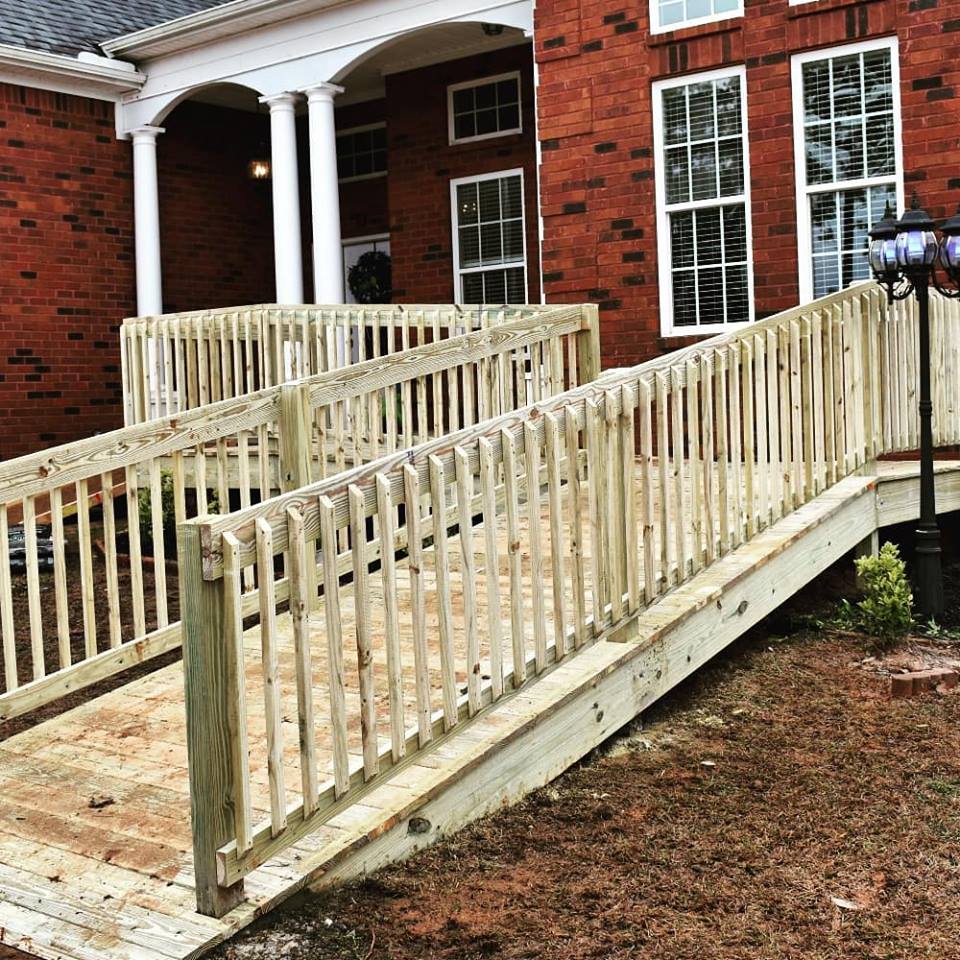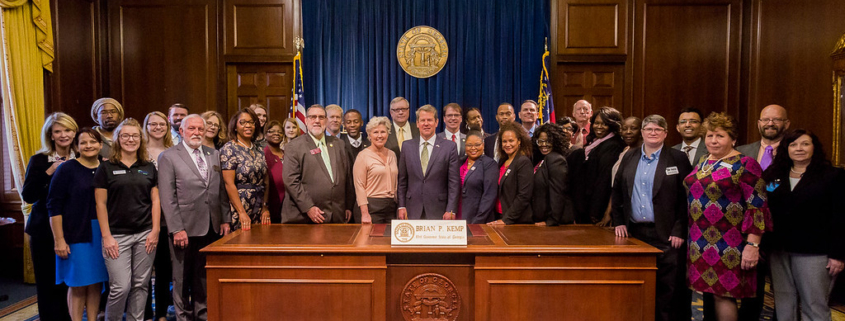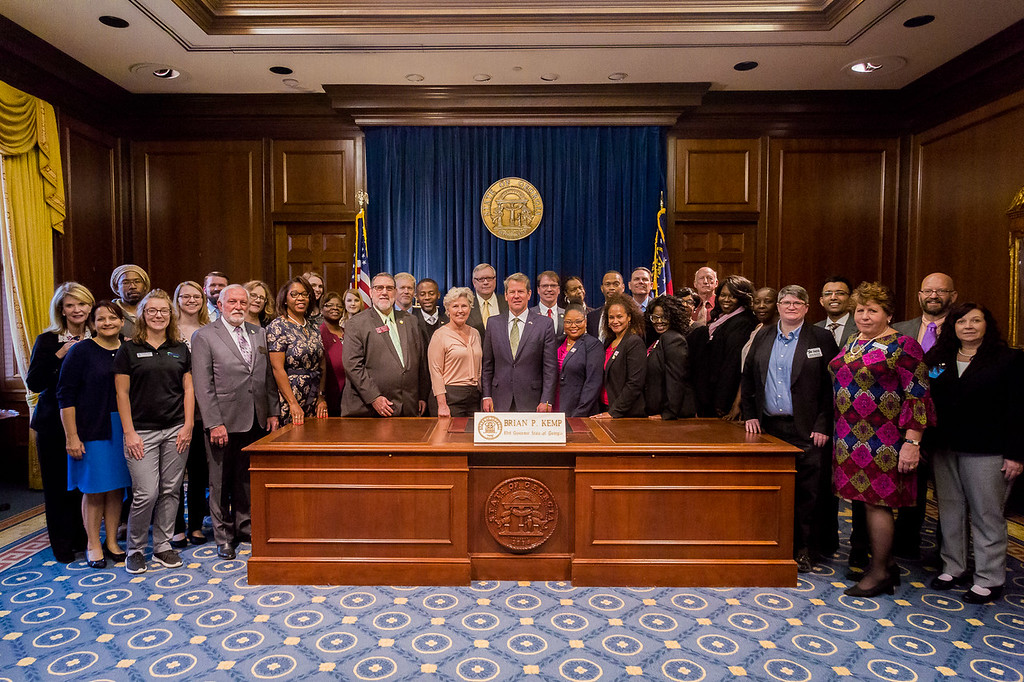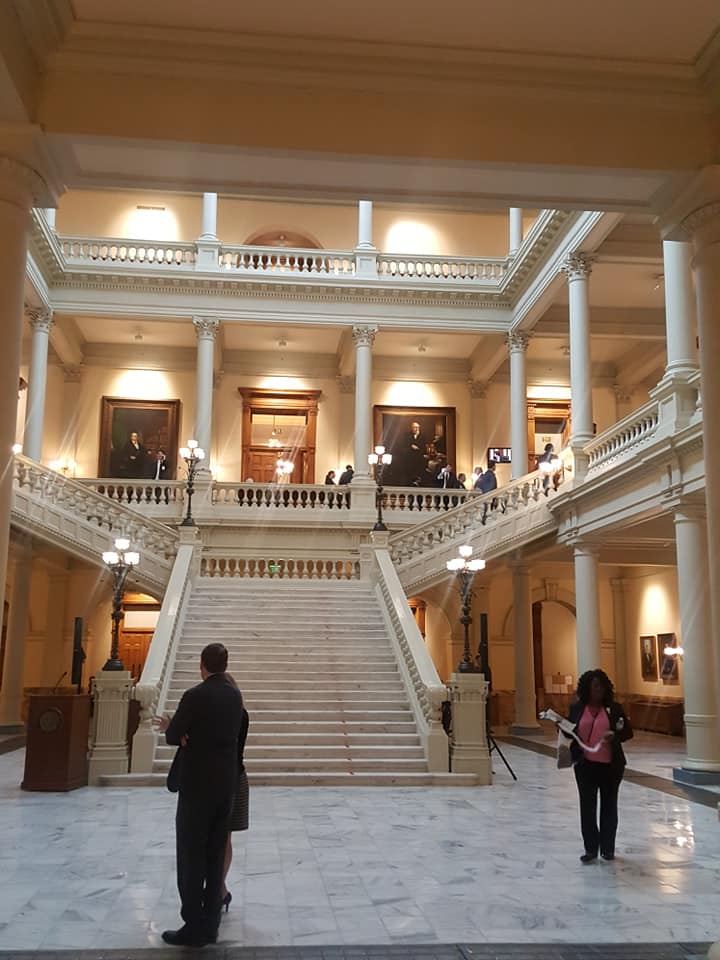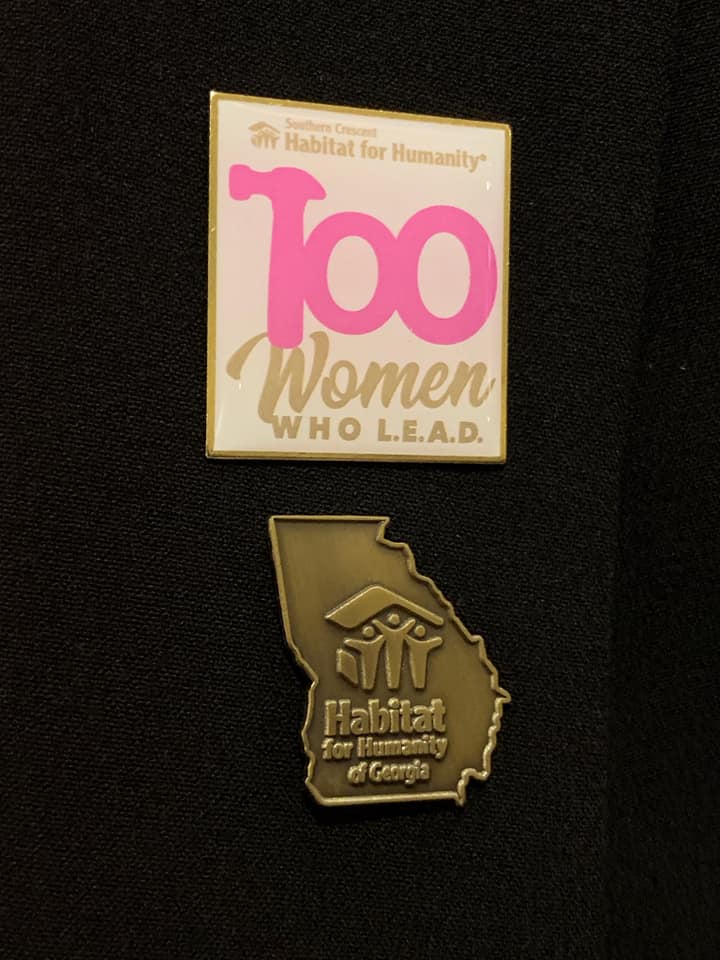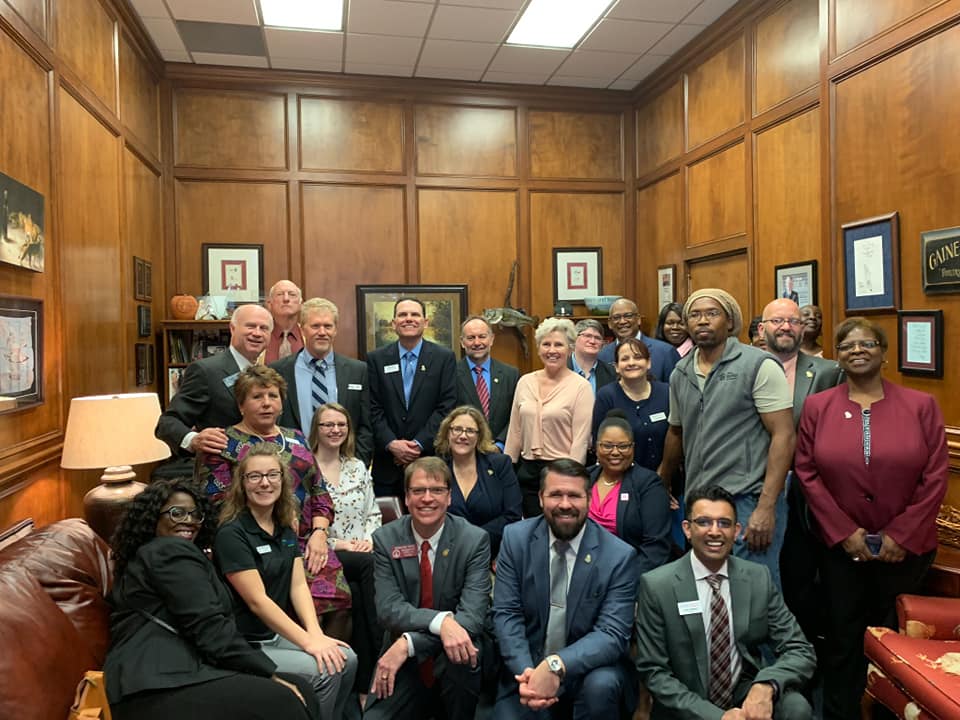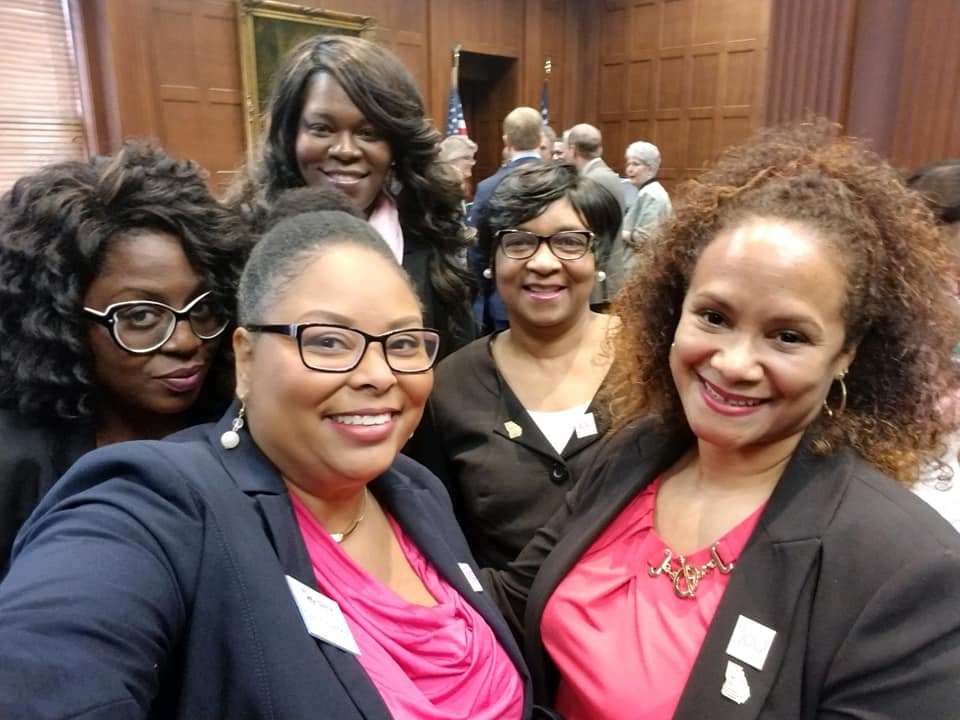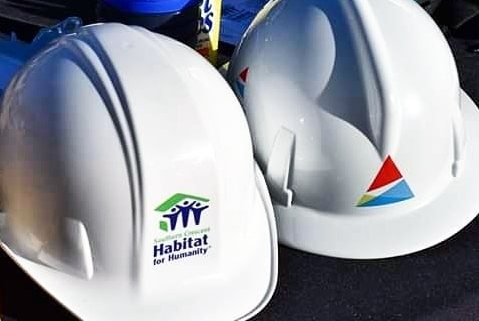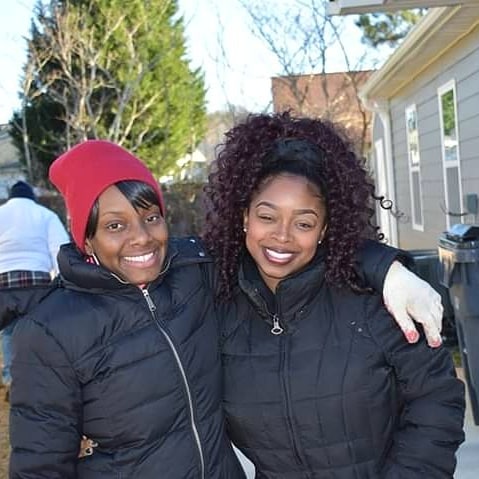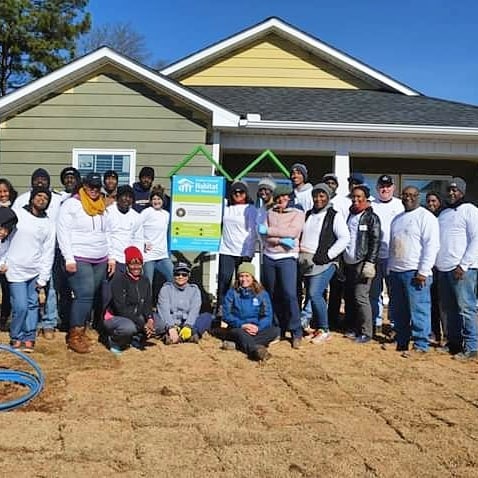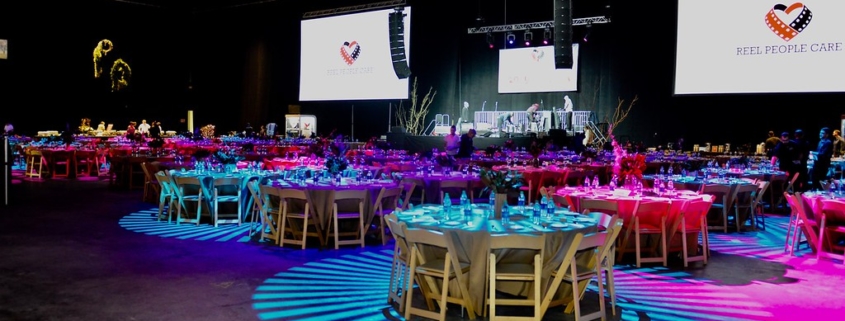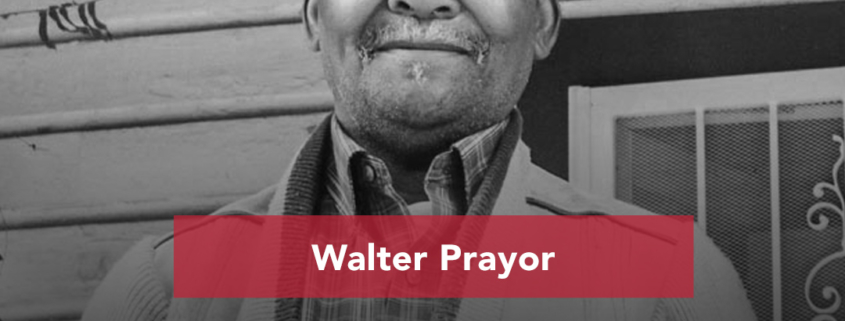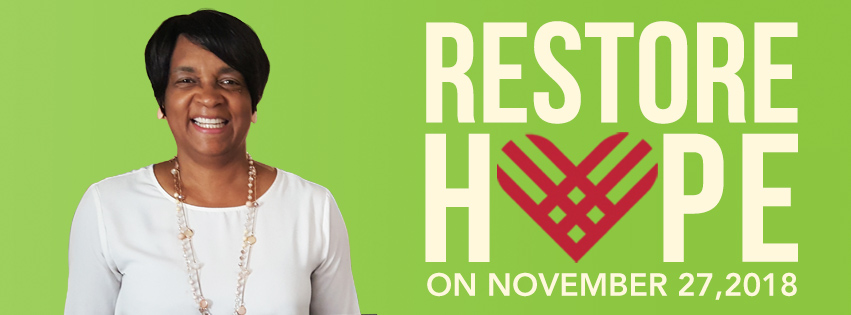Southern Crescent Habitat Helps Organization Fight Hunger in Clayton County
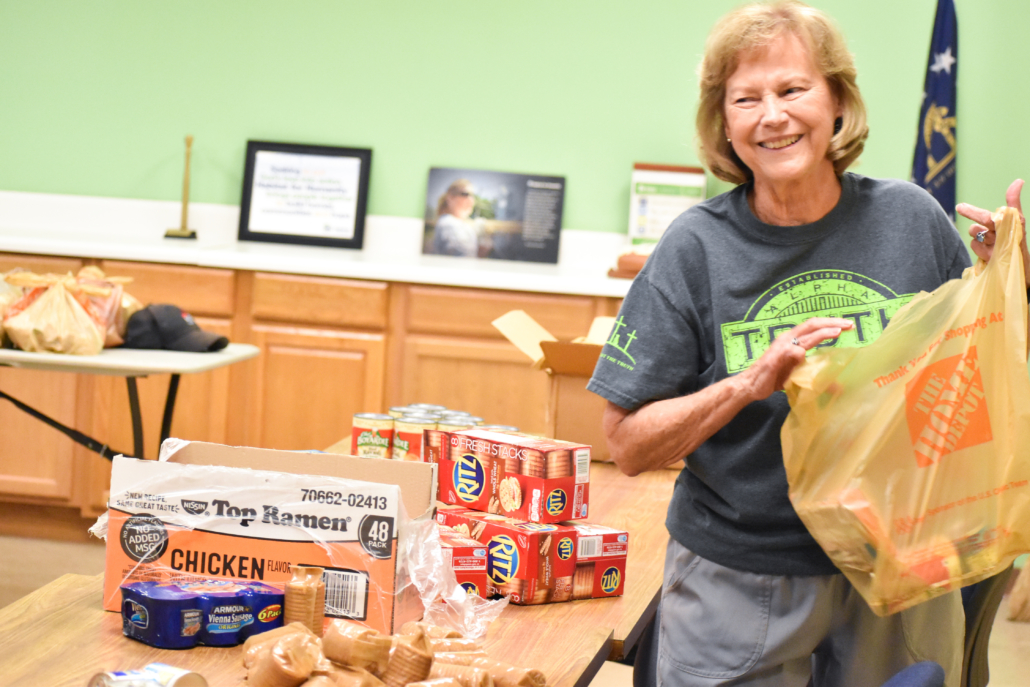
Today, one in six families spend at least half their income in rent or mortgage, often choosing between paying for housing or purchasing food. Unfortunately, this is the story of far too many families. Southern Crescent Habitat for Humanity is not only doing their part to ensure everyone has a decent place to live, but they are aiding Nothing but the Truth Ministries in their fight against hunger.
According to Cathy Cochran, Southern Crescent Habitat’s Family Services Manager, “Habitat works closely with families that fit the demographic serviced by Nothing but the Truth Ministries. They are low to moderate-income families that sometimes lack the basic necessities, such as food and shelter. We are just happy to be able to provide them with a place to serve our community. ”
Every Friday morning, Nothing but the Truth Ministries and several volunteers fill the Southern Crescent Habitat for Humanity conference room to pack “Weekend Food Bags” for Clayton County students to take home in their backpacks. The “Weekend Food Bags” are given to children that school counselors identified as being “food insecure” and in need of additional food for the weekend. The bags typically contain easy-open/self-serve items sourced from Midwest Food Bank in Peachtree City, as well as donations from the local community.
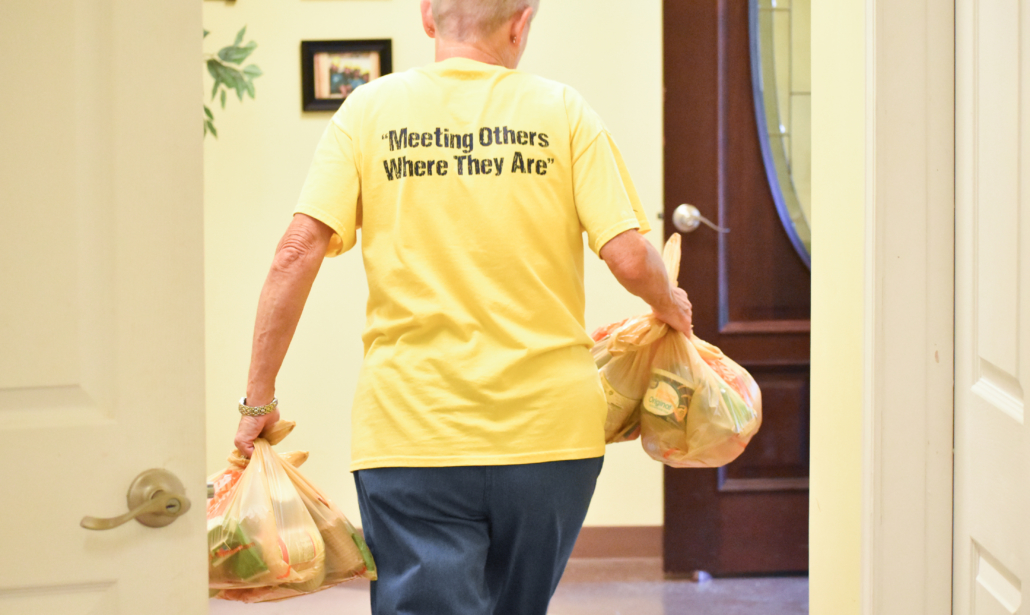
“Some of these students do not get to experience the simple things that we take for granted…like going in the pantry and knowing that there is something to eat. We often associate hunger with third world countries, but it is happening right in our own backyards,” exclaimed Diane Soroko, the Nothing but the Truth Clayton County Program Coordinator.
The “Weekend Food” Ministry started in Gwinnett County over 10 years ago and branched out the Clayton County about 5 years ago. There are currently six schools and over 190 students that receive weekend food bags in Clayton County Schools.
For more information on how you can help Nothing but the Truth Ministries, visit www.nothingbutthetruth146.org. To learn more about Southern Crescent Habitat for Humanity’s mission in Henry, Clayton, and Fayette Counties, visit www.schabitat.org.

